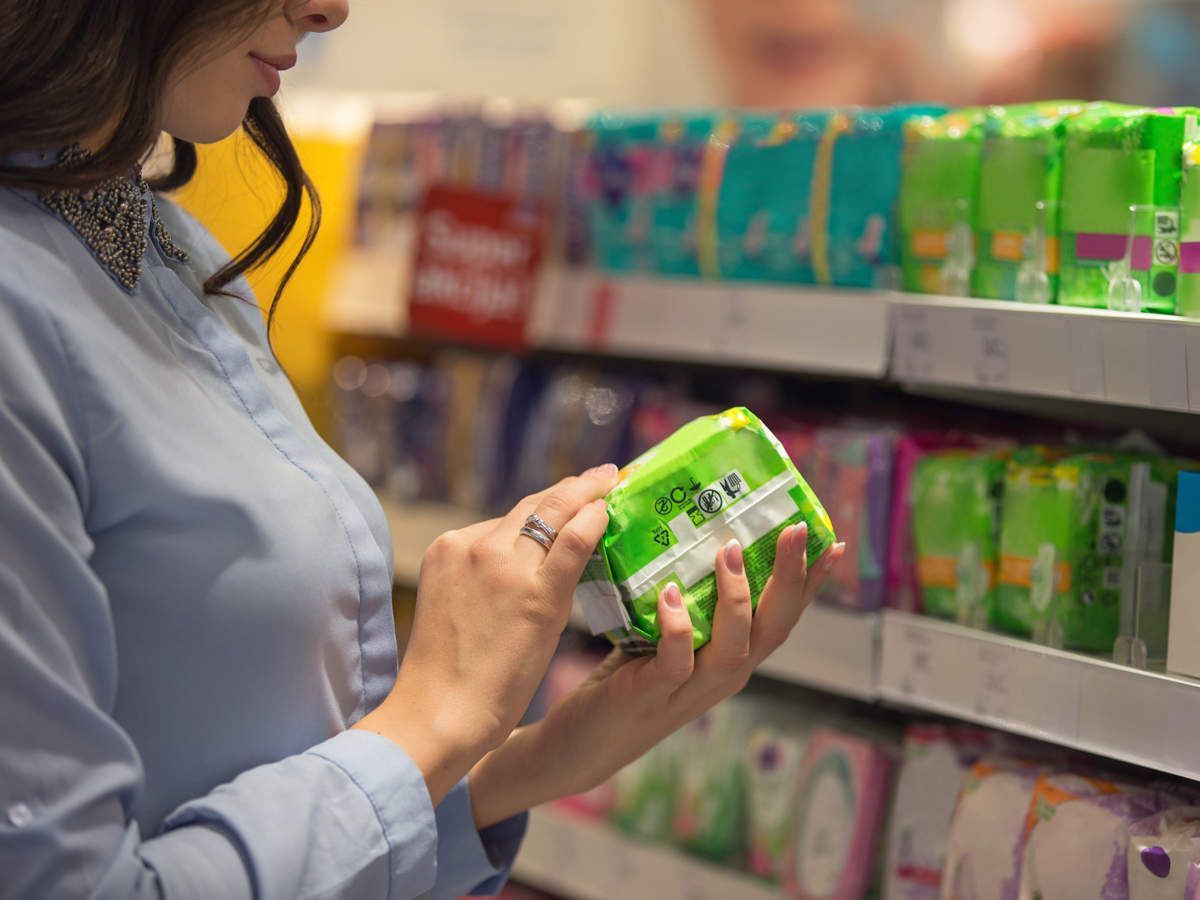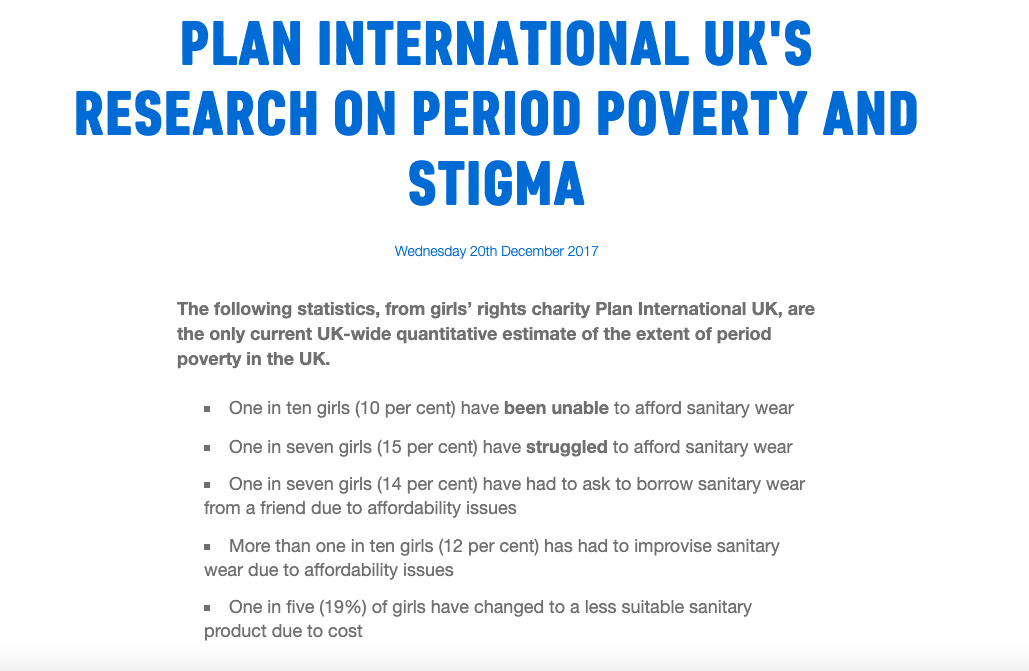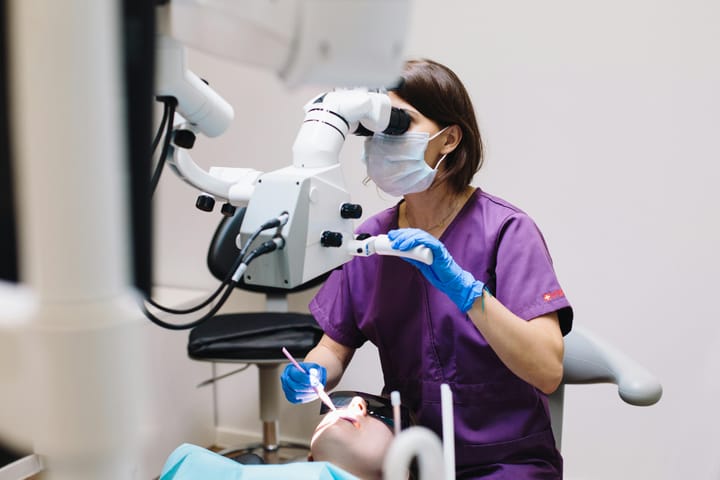Scotland to be first country to make women’s sanitary products free

A few minutes every morning is all you need.
Stay up to date on the world's Headlines and Human Stories. It's fun, it's factual, it's fluff-free.
On Tuesday, the Scottish Parliament voted to advance legislation that would make women’s sanitary products, including pads and tampons, completely free.
The legislation, called Period Products (Free Provision) Scotland Bill, passed the first round of the legislative process with unanimous approval. 112 legislators approved the bill, while only one abstained. Nobody opposed it.
The bill will now go through hearings to determine if any amendments should be added. Following that, the bill will be ready for final consideration.
Ending ‘period poverty’
During a debate on the Parliament floor last year, Monica Lennon, a Scottish politician from the Labour Party, introduced the bill, claiming it was “a chance to put [women] first and do something that is truly groundbreaking on gender equality.”
“Menstruation is normal,” she added. “Free universal access to tampons, pads and reusable options should be normal too.”
Advocates of the bill say it was introduced to alleviate what they called “period poverty,” or the inability of low-income girls to access pads and tampons, which contributes to education inequality.
According to a survey distributed by Plan International UK, a non-profit organization, one in 10 girls were unable to afford menstrual products in the UK in 2017. It also found that nearly half had missed an entire day of school at some point due to their period.

What are the details?
The legislation would make these sanitary products available and free at designated public places, including community centers, youth clubs and pharmacies. Annually, it is estimated to cost the government 24.1 million pounds (US$31.2 million).
This isn’t the first time Scotland made an attempt to increase access to women’s sanitary products. In 2018, Scotland was the first country to make feminine products freely available in schools, colleges and universities.
In the United Kingdom, which Scotland is a part of, women’s sanitary products are currently taxed at 5%. According to former British Prime Minister David Cameron, there was support to end the tax, but the government’s hands were tied as the UK was, at the time, members of the European Union (the UK subsequently left the EU earlier this year.)
Notably, the bill garnered widespread support among male members of parliament as well.
For Neil Findlay, another Labour representative, the bill represents hope that stigma around women’s periods can be reduced.
The bill breaks down “the barrier of our inability to discuss such serious issues about our health and well-being in the media or in public without embarrassment, reticence and discomfort,” he said.
[article_ad]




Comments ()